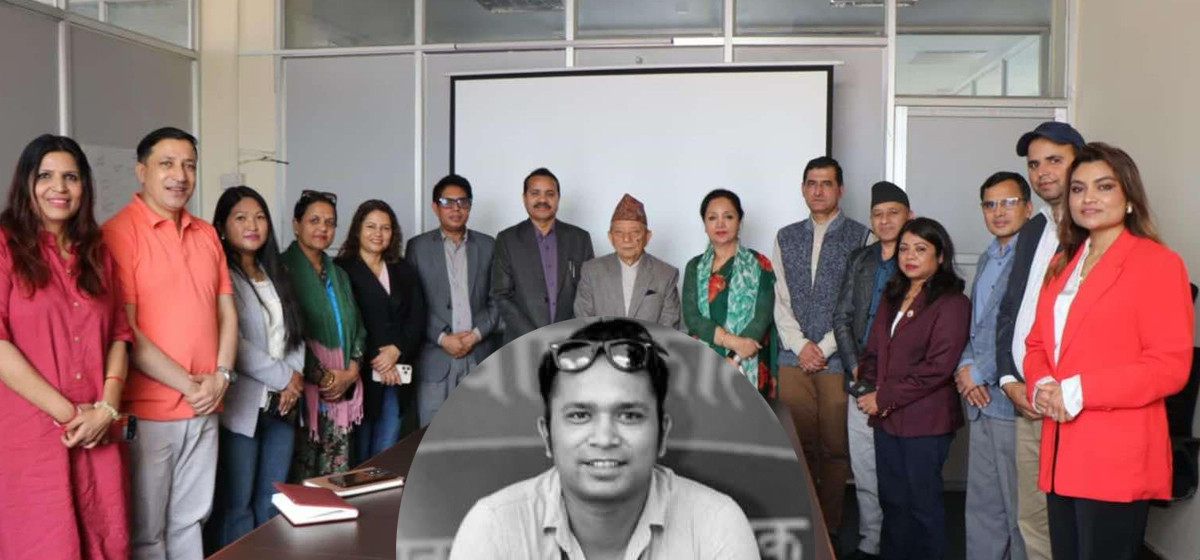The long-running case of Slavko Ćuruvija, a Serbian journalist murdered in 1999, reached a controversial conclusion in February 2024 when a Belgrade appeals court acquitted all four men previously convicted of orchestrating his killing. Ćuruvija, a fierce critic of then-President Slobodan Milošević, was gunned down outside his apartment during the NATO bombing of Yugoslavia. His death became one of the most emblematic cases of violence against journalists in post-war Europe.
In 2019, a special court found four former members of Serbia’s State Security Service guilty of organizing and executing the assassination. The original ruling followed years of pressure from international watchdogs and local advocates for justice. However, in a stunning reversal, the appellate court overturned the convictions, citing insufficient evidence and legal inconsistencies. The verdict has been widely condemned by press freedom groups, including Reporters Without Borders and the International Federation of Journalists.
Ćuruvija’s family and the foundation bearing his name expressed deep disappointment with the decision, warning it signals continued impunity for crimes against the media in Serbia. Press advocates argue that the ruling undermines years of effort to bring accountability to those responsible for suppressing critical journalism during the Milošević era.
The case had once symbolized a rare step forward for justice in Serbia’s troubled media landscape. Its collapse now raises serious concerns about judicial independence and the protection of journalists. Observers also note the troubling implications for Serbia’s European Union ambitions, which require reforms in human rights and rule of law.
The acquittals mark not only a legal setback but also a blow to public trust. Advocates fear it sends a dangerous message to those who threaten or harm reporters: that justice can still be avoided. As Serbia continues to struggle with media freedom and political influence over the judiciary, the unresolved murder of Slavko Ćuruvija remains a painful reminder of the work still needed to ensure accountability and press protection.

